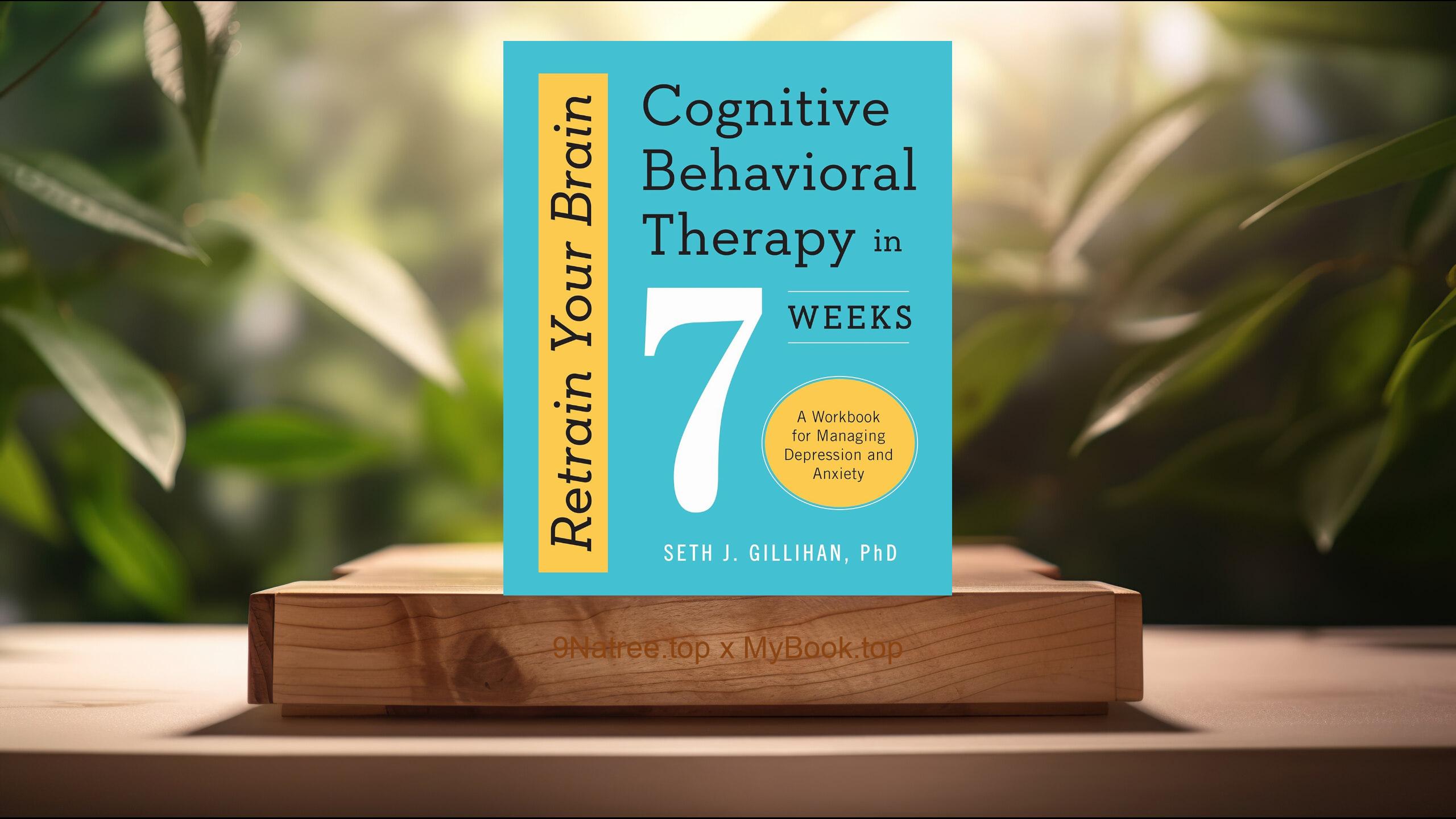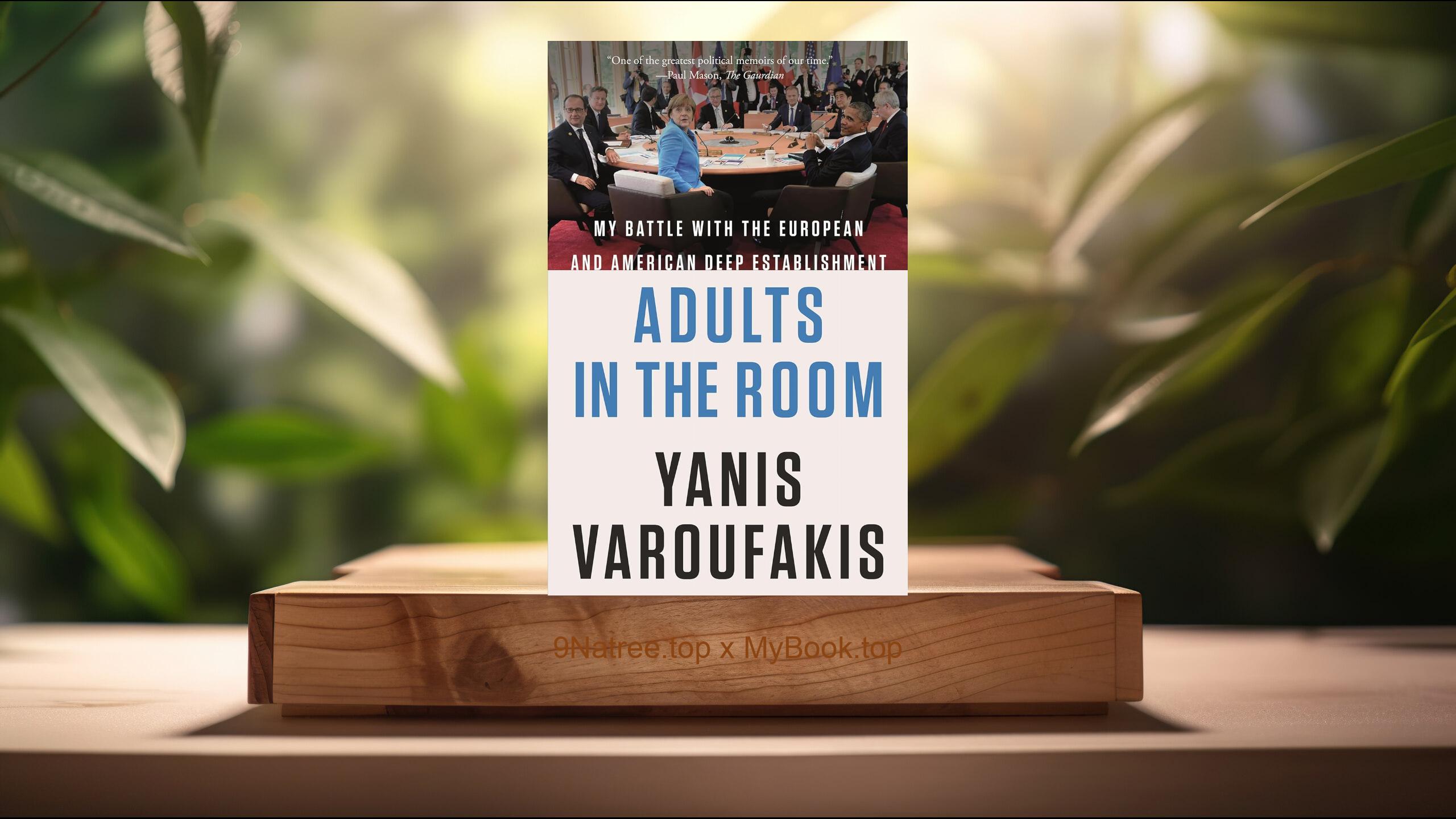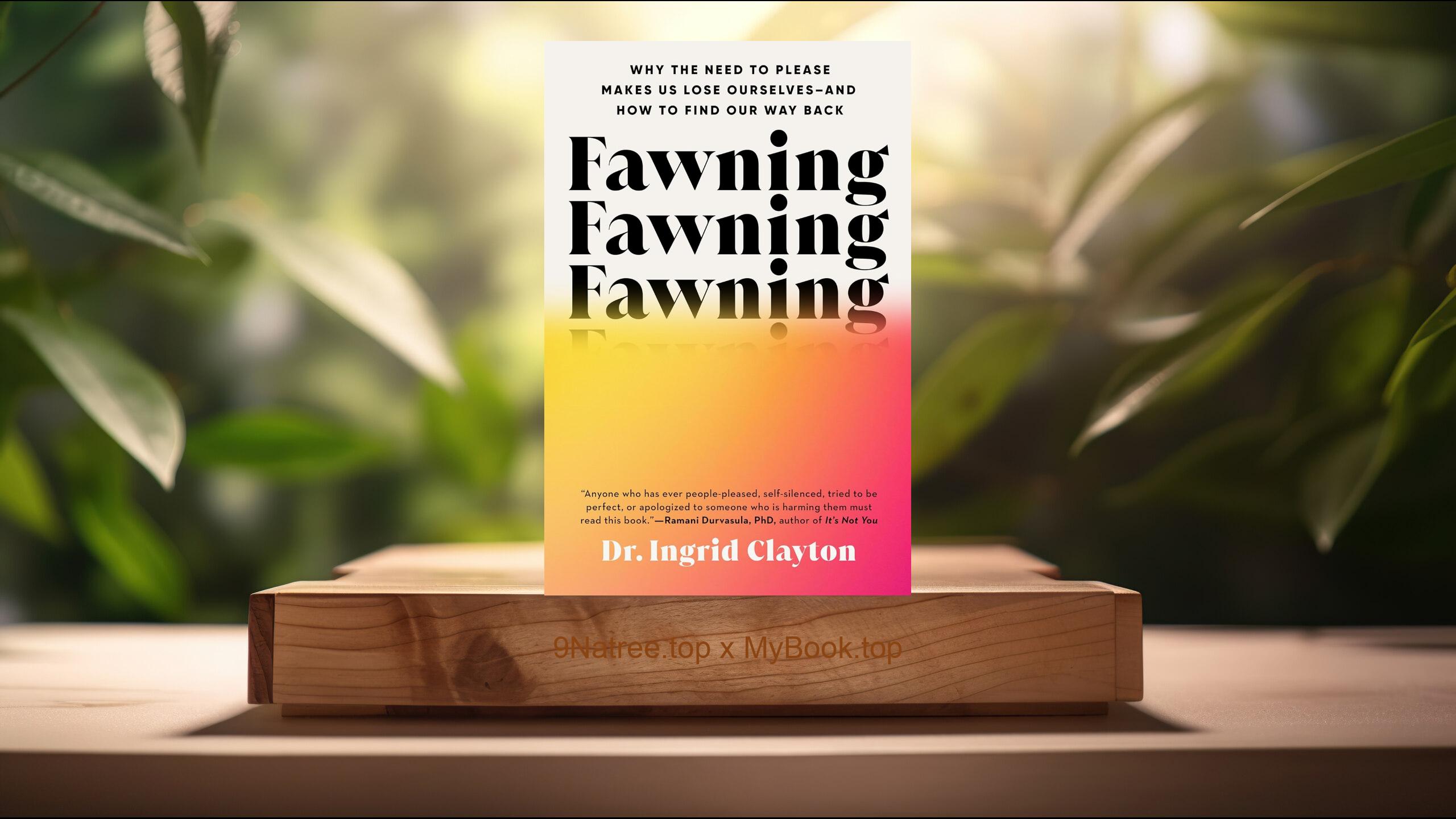Show Notes
Buy on Amazon: https://www.amazon.com/dp/B08KSC11KQ?tag=9natree-20
Read more: https://mybook.top/read/B08KSC11KQ/
#Decisionmaking #CognitiveBias #JudgmentVariability #NoiseReductionStrategies #OrganizationalPerformance #DanielKahneman #Noise
These are takeaways from this book.
Firstly, Defining Noise and Its Impact on Judgment, Noise fundamentally refers to the unpredictable variability in judgments where there should be agreement. Kahneman and his colleagues distinguish noise from bias, outlining how it can severely undermine the reliability of professional decisions. Through illustrative examples, the book demonstrates how decisions, supposed to be uniform, often scatter due to noise resulting from personal and institutional factors. Assessing the impact of noise is crucial in fields requiring precision in judgment, such as judiciary rulings and medical diagnoses, where discrepancies can have significant repercussions. By identifying the sources and manifestations of noise, the authors set the stage for its analysis and management.
Secondly, The Different Types of Noise, Kahneman, Sibony, and Sunstein categorize noise into several types, including level, pattern, and occasion noise, providing a broader understanding of its pervasiveness and variety. Level noise emerges from differences in the general harshness or leniency among judges or decision-makers. Pattern noise stems from individual biases towards specific patterns or cases. Occasion noise happens due to fluctuating external factors like mood or weather influencing the decision at the time. Reflecting on these types helps readers apprehend the multifaceted nature of noise and its subtleties, laying a foundation for learning how to identify and reduce it.
Thirdly, Bias and Noise: The Unwanted Decision-Makers, This section delves into the intricate relationship between bias and noise, illustrating how they jointly deteriorate decision-quality. While biases are systematic deviations, noise introduces randomness. Kahneman and his collaborators meticulously analyze how both factors, often in tandem, lead to markedly suboptimal outcomes. The exploration includes strategies for differentiating and measuring both phenomena in decision-making environments. Understanding this relationship is vital for designing interventions that target both bias and noise, paving the way towards more accurate and equitable decisions.
Fourthly, Strategies for Reducing Noise, The authors provide a detailed examination of various strategies aimed at mitigating noise in judgment and decision-making. They advocate for structured decision-making processes, like standardized guidelines and algorithms, as effective tools for noise reduction. Additionally, they explore the concept of 'decision hygiene,' a set of practices intended to improve judgment accuracy. Special emphasis is given to practical approaches and organizational changes that can be implemented to decrease noise, including fostering diversity in decision-making teams and promoting a culture of constant evaluation and feedback among peers.
Lastly, Implications for Organizations, Kahneman, Sibony, and Sunstein discuss the collective impact of noise on organizational decisions, highlighting how it can quietly erode performance and fairness. They argue for the importance of acknowledging and addressing noise at the systemic level within organizations. By implementing noise audits and adapting the recommended strategies for reducing noise, institutions can significantly improve decision accuracy, fairness, and consistency. The discussion provides actionable insights for leaders and policy makers on creating resilient systems that can withstand and counteract the detrimental effects of noise.
In conclusion, In 'Noise: A Flaw in Human Judgment,' Kahneman and his co-authors masterfully elucidate the pervasive and often underestimated problem of noise in decision-making. The book is an essential read for professionals, leaders, and policy makers across fields as diverse as law, medicine, finance, and human resources, offering profound insights into identifying and combating noise. Understanding and addressing noise can lead to more consistent, fair, and accurate decision-making processes, ultimately enhancing performance and judgment quality in both personal and professional arenas. For anyone interested in cognitive sciences, psychology, or making better decisions, 'Noise' provides invaluable tools and perspectives, making it a crucial addition to their intellectual toolkit.
![[Review] Noise: A Flaw in Human Judgment (Daniel Kahneman) Summarized](https://episodes.castos.com/660078c6833215-59505987/images/1710502/c1a-085k3-o874jjngu7wo-msni16.jpg)




